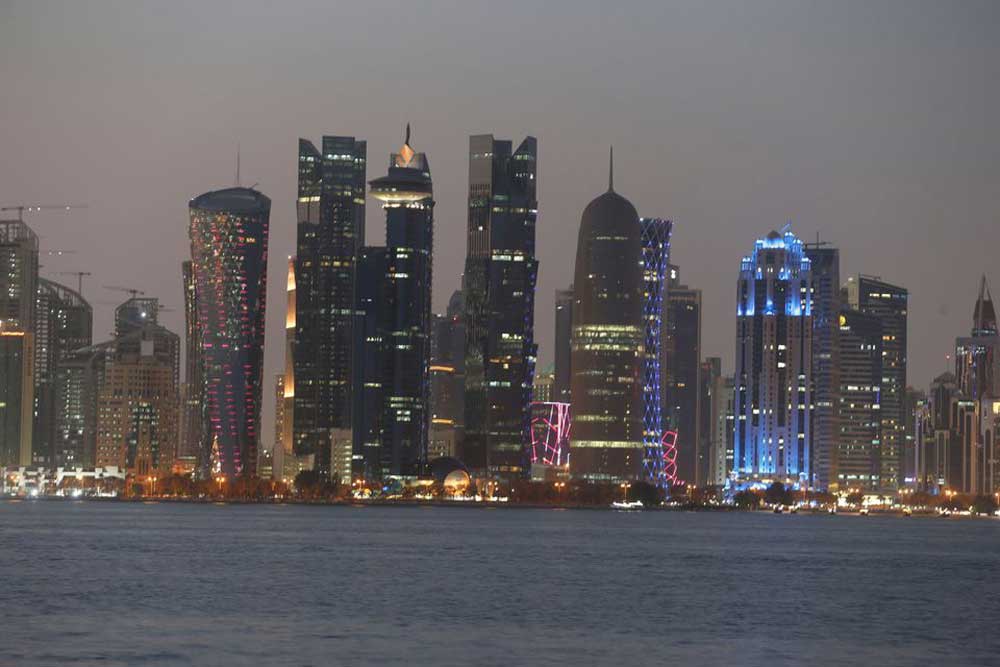Qatar’s rapid economic growth in recent years has been supported by its advancements in key sectors, such as logistics. According to a report by PwC Middle East, Qatar has the potential to become a regional logistics hub by balancing global aspirations, regional integration, and local economic development. The country has made significant investments in areas like port development, border optimization, and partnerships with global ports like Rotterdam. This, coupled with the expansion of Hamad Port and Hamad International Airport, has strengthened Qatar’s global logistics standing.
The report highlights Qatar’s efforts to attract major shipping lines and airlines, enhancing its logistical capabilities. Projects like a planned rail link with Saudi Arabia and a proposed bridge to Bahrain are set to further improve connectivity and market access in the region. Qatar’s successful hosting of the FIFA World Cup in 2022 showcased its logistical prowess, with Qatar Airways playing a key role in bolstering global cargo movement. The country’s national carrier has further enhanced the nation’s logistics reputation.
The Qatar freight and logistics market is estimated to be worth $9.5 billion in 2024, with a projected growth to $13.49 billion by 2030. This growth is primarily attributed to Qatar Airways and its global network. The report emphasizes Qatar’s commitment to attracting businesses and fostering economic growth through initiatives like expanding free zones and offering tailored incentives for specific industries. The country has also been focused on developing e-commerce and online platforms to meet the evolving needs of the local market.
To attract more trade flow, enhance regional cooperation, and improve local e-commerce, Qatar can leverage international and regional trade agreements. By investing in strong ICT infrastructure and advanced technologies, as well as promoting public-private partnerships, Qatar can streamline customs procedures, reduce trade barriers, and stimulate economic growth. By embracing global initiatives like the World Trade Organization (WTO) and regional frameworks such as the GCC Common Market, Qatar can further integrate into the global trade ecosystem and establish strategic bilateral agreements with key trading partners.
In conclusion, Qatar’s focus on developing its logistics sector has positioned it as a key player in the global supply chain. The country’s investments in infrastructure, strategic partnerships, and regional integration have laid the foundation for continued growth in the sector. By leveraging international and regional trade agreements, investing in advanced technologies, and promoting public-private partnerships, Qatar is poised to emerge as a comprehensive logistics hub that serves as a gateway to both global and regional markets. With a strong commitment to attracting businesses and fostering economic growth, Qatar is well-positioned to capitalize on its logistical capabilities and further enhance its reputation as a regional logistics hub.
















